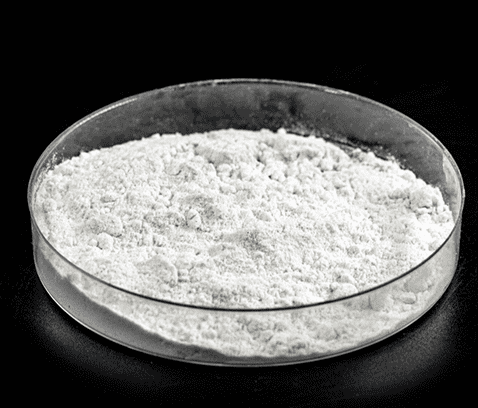Biocides are also used to protect metallic and
polymeric structures from rusting, and eroding, and pipelines and reservoir tanks from
bacterial growth. Many bacteria and microbes are found in oil and gas production wells
and equipment. Microbiological contamination of the oil and natural gas environment
represents a broad issue. The negative effect of microorganisms is primarily associated
with the degradation of petroleum hydrocarbons, leading to an increase in oil density,
sulfur content, and viscosity. These changes disrupt oil extraction and processing technology, bringing about significant economic losses. The issue also concerns how
crude oil is stored, products of its processing, drilling fluids, and natural gas. In addition
to lowering the content of hydrocarbons in crude oil, adverse activity of microorganisms
causes corrosion of transmission installations of oil and gas pipelines and the
production of undesirable substances (H2S, polymers, organic acids, etc.) that affect
the performance of oil and gas.
Biocides used in the petroleum and gas mining industry should meet the basic
requirements- they should have high biocidal capabilities in a broad spectrum of activity,
long duration of action, good solubility in water and hydrocarbons, and chemical and
thermal stability. Biocides also should be environmentally friendly, effective at low
concentrations, not cause chemical contamination, and made from cheap and
commonly accessible materials. The lack of side effects, such as destroying the
catalysts used in oil processing, is significant. Interaction with the solution's components
pumped into the hole must not cause any changes to its chemical and physical
properties. At Centum, our scientists and engineers have addressed the above issues
via research, development, and testing. We have been testing the effectiveness of the
biocide chemicals in the marketplace. Upon successful testing and trials, we have
developed BioShield.






